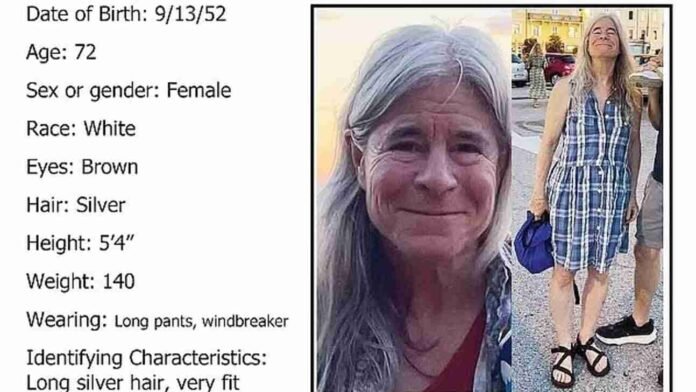The sudden news about Nina Kraus Evanston created widespread concern when the Northwestern University professor was reported missing on September 1, 2025. The 72-year-old researcher disappeared during her morning walk, sparking a city-wide search before being found safe the next day.
Disappearance Sparks Concern
Kraus, a respected neuroscientist, was last seen leaving her home in Evanston around 9 a.m. She often took early walks near her neighborhood, making her absence unusual. Family members became alarmed when she did not return, prompting them to file a missing person’s report with the Evanston Police Department.
Authorities immediately launched a search operation, deploying drones and K-9 units while coordinating with volunteers and community organizations. Residents joined efforts to distribute information across social media, hoping for clues that would lead to her safe return.
Search Operations in Evanston
The case quickly captured attention across the Northwestern University campus and throughout Evanston. Students, colleagues, and neighbors rallied together, highlighting how closely connected the academic and local community are.
Search teams focused on key areas where Kraus was known to spend time, including:
- Local parks near her residence
- Walking trails by the Evanston lakefront
- Campus surroundings at Northwestern University
Despite rising concerns, officials reassured the public that every possible measure was being taken. Updates from authorities emphasized the priority of finding Kraus safe.
Safe Return Confirmed
Relief came on September 2 when police confirmed Kraus had been found alive near her Evanston home. She was evaluated at a local hospital, where her condition was reported as stable. Investigators stated there was no indication of foul play, stressing that her well-being remained the focus.
Family members expressed deep gratitude to the Evanston Police Department, volunteers, and the Northwestern community for their relentless support during the tense search period.
Who Is Nina Kraus?
Kraus is widely known as a leading neuroscientist and educator. She serves as a professor of neurobiology and otolaryngology at Northwestern University and directs the Hugh Knowles Center.
Her groundbreaking work focuses on how the brain processes sound, auditory learning, and how experiences like music and language shape the nervous system. She is admired not only for her research but also for her commitment to teaching and mentoring future scientists.
Her contributions include:
- Pioneering studies on auditory brain processing
- Research linking hearing health to cognitive development
- Mentorship of students in neuroscience and communication sciences
Community Response in Evanston
The Nina Kraus Evanston case underscored how deeply respected she is both on campus and in the city. Students described her as a mentor who combined scientific excellence with compassion. Colleagues praised her as a leader who pushed boundaries in research while inspiring those around her.
The incident also highlighted the strength of community solidarity. Evanston residents and Northwestern affiliates worked side by side, showing how a shared goal can unite diverse groups.
Timeline of Events
- September 1, 2025: Kraus leaves her Evanston home for a walk.
- September 1, 2025: Family reports her missing when she does not return.
- September 1, 2025: Police, drones, and K-9 units deployed for search.
- September 2, 2025: Kraus found safe and taken for medical evaluation.
A Moment of Reflection
The safe outcome of this case has brought relief but also sparked reflection in the community. Families are reminded of the importance of communication, while institutions highlight the need for rapid emergency response strategies.
For Northwestern, the resolution has reaffirmed the strong bonds between the university and Evanston. Kraus’s safe return is seen not only as a personal relief but as a shared victory for the entire community.
Closing Note
The search for Nina Kraus ended with relief and gratitude across Evanston. Her safe return reassures both family and community, while her ongoing work continues to inspire. If you have thoughts on how communities can support one another in times of crisis, feel free to share them below.
